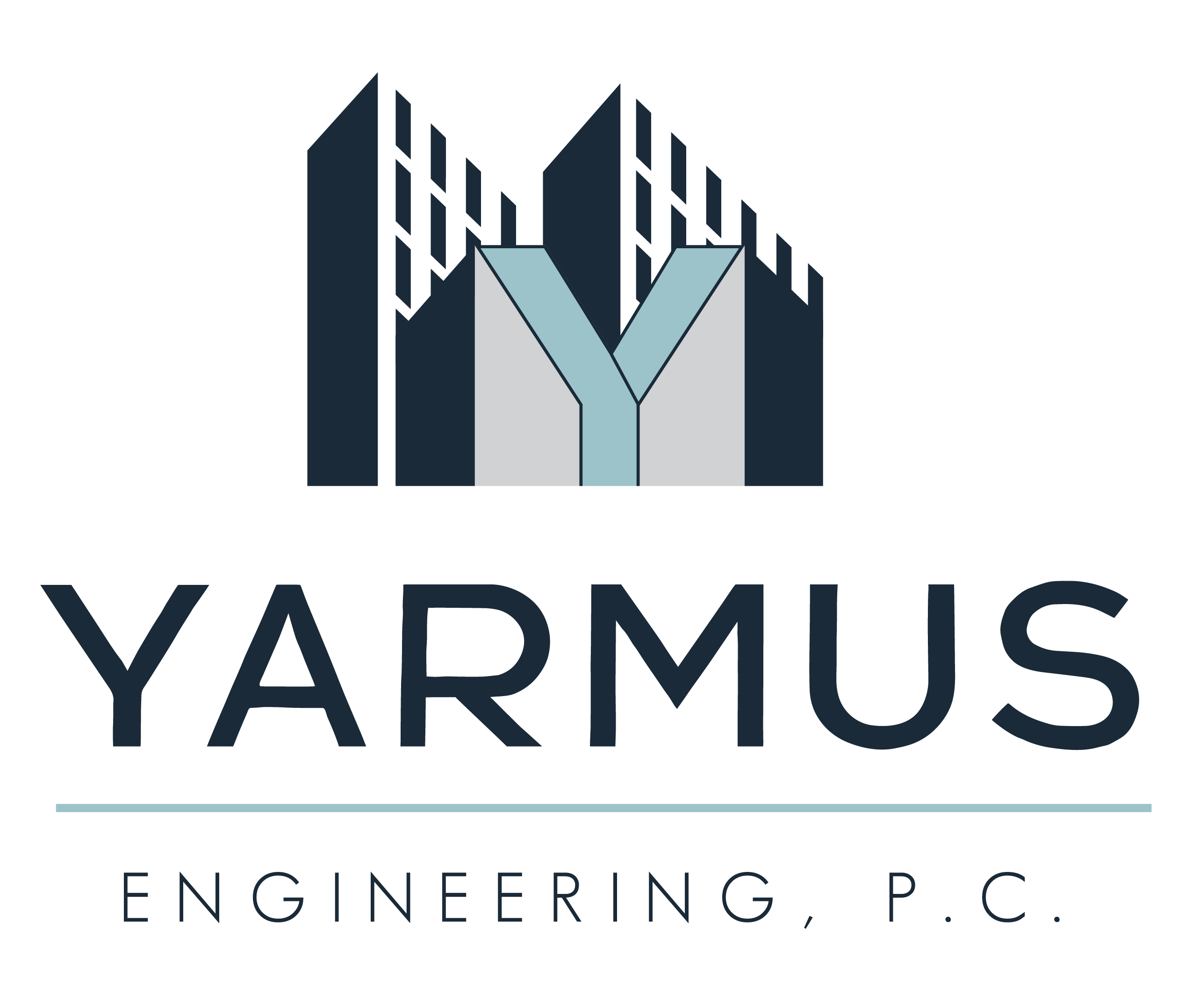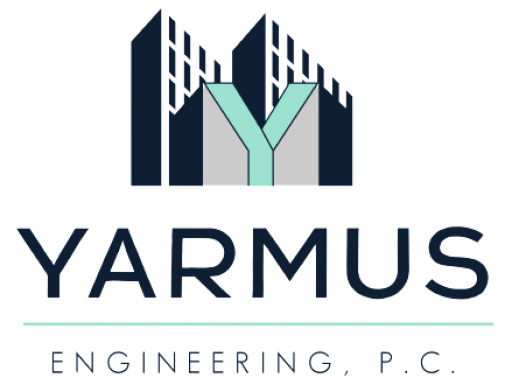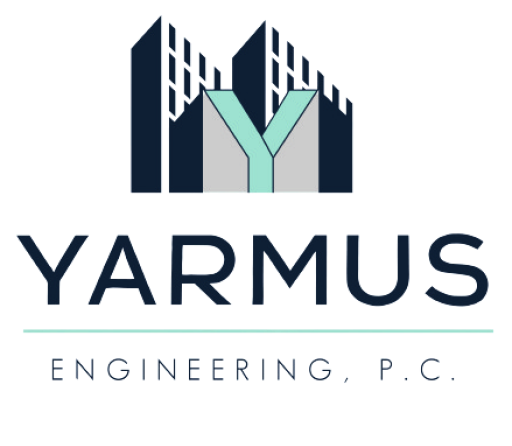
What’s New
Andrew R. Yarmus, P.E. has volunteered to serve on technical committees to help develop and review amendments to the NYC Building Codes. We look forward to our firm having a direct voice in discussions regarding future changes to the NYC Building Code!
Recent Projects
- Consulted on whether the “special use” of a sidewalk as part of a driveway created a differential settlement of sidewalk flags in Brooklyn, NY
- Reviewed workplace conditions and opined on whether the owner of a hotel was liable in the scalding of a kitchen cleaning contractor employee in New Brunswick, NJ
- Opined on the cause of roadway conditions which caused an accident in Mamaroneck, NY
New Homes Can Be Energy-Efficient and Affordable, Reveals Study by BCAP
One of the major barriers to energy code adoption is the concern that the cost of upgrading to the latest model energy code would be prohibitive. To address this issue, BCAP undertook a study to quantify the incremental construction cost of upgrading to the 2009 IECC in each state where such an analysis was feasible. Moving from current practice to the 2009 IECC for new homes would result in a weighted average incremental cost of $818.72 per new home. The annual energy savings per home would be $243.37 on average, meaning the simple payback for homeowners would occur in 3.36 years. To review the full narrative and further details regarding this study, please visit the Online Code Environment & Advocacy Network website.
Yarmus Engineering, P.C. is available to consult with builders, building owners, and property managers regarding energy code requirements and energy-efficiency enhancements for their buildings. As reported in our May 2010 newsletter, our firm President, Andrew R. Yarmus, P.E., was selected to be a pilot member of the New York State ICC/BCAP Energy Code Ambassador program. Please contact our office if we can be of assistance to you or your clients.
States Pursue Radon Limits in Drinking Water as EPA Action Lags
The New York Times reported on December 7th that states are taking action to study levels of radon in drinking water and air as “federal regulators lag, as a coincidence of geology and population density leaves some more at risk than others of suffering from” radon. Nine states currently have guidelines for radon in drinking waters, with the Times noting New Jersey’s guidelines are four times higher than the EPA proposes but never mandated in 1999. Ted Campbell, a hydrogeologist with the North Carolina Department of Environment and Natural Resources, stated, “If you just look at radon in water contribution and compare that to compounds that EPA regulates like [trichloroethylene] and benzene and some of the pesticides, it turns out that radon in water carries with it higher risk that many or most of EPA-regulated compounds at their standards.” The EPA has yet to finalize the radon limits as utilities have protested the costs, saying it will be passed on to ratepayers.
Yarmus Engineering, P.C. is available to assist building owners, building purchasers, property managers, landlords, etc. with testing for radon, as well as consultations regarding radon mitigation systems where elevated radon levels are already known to exist. Please contact our office if we can be of assistance to you or your clients.


